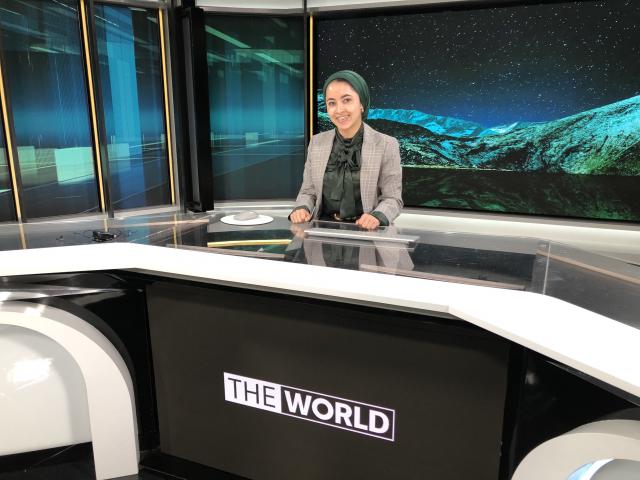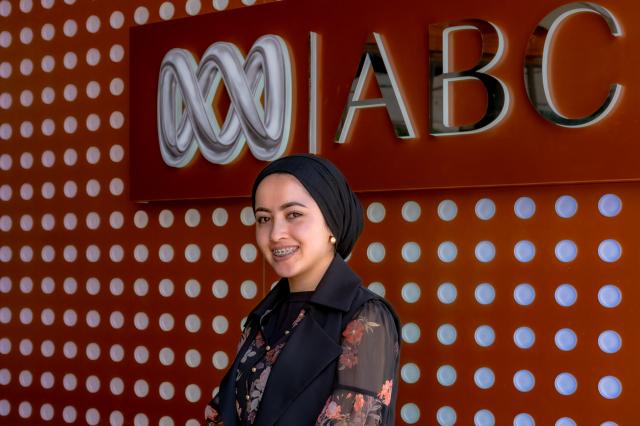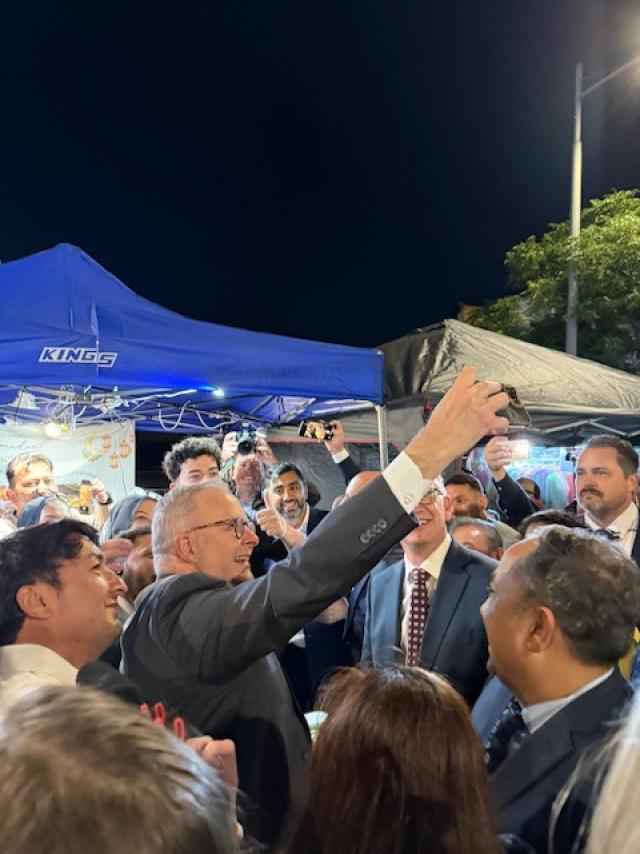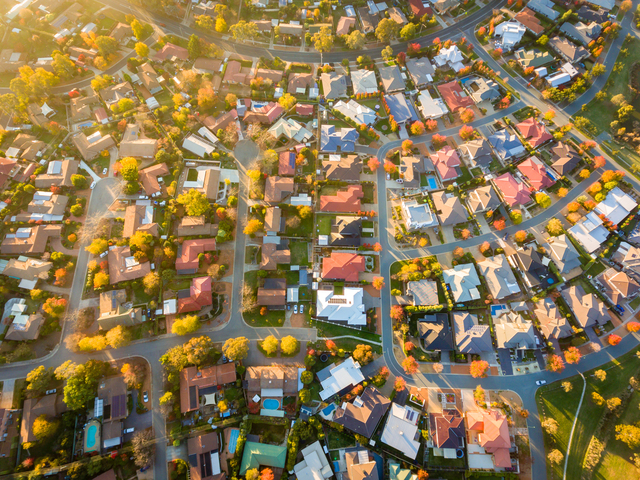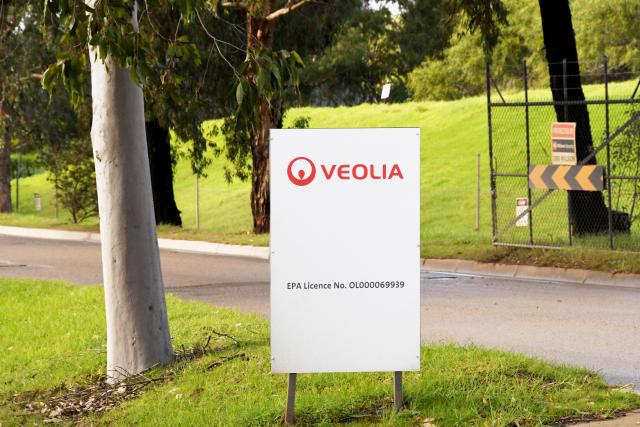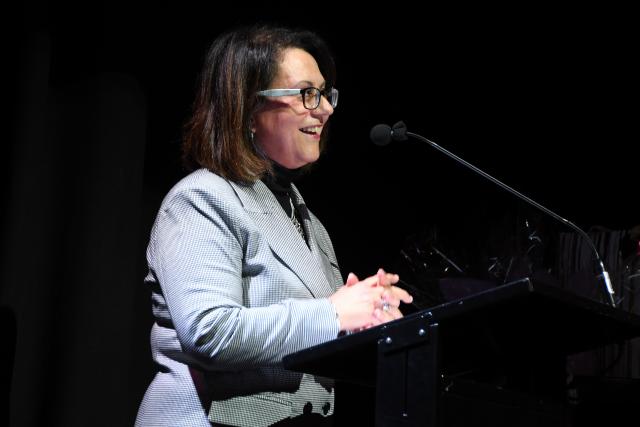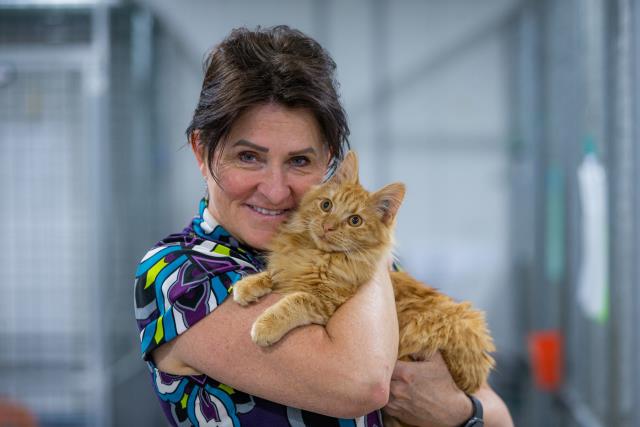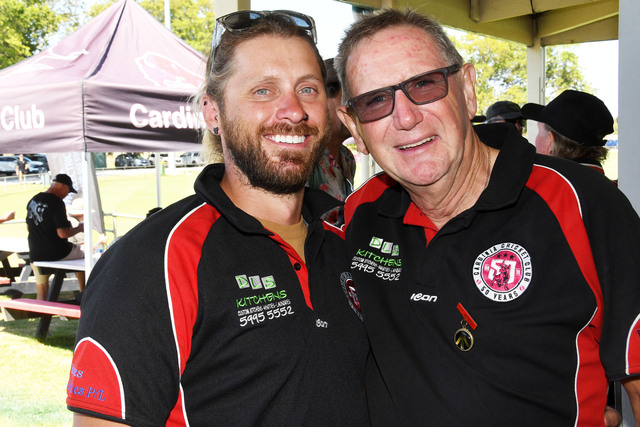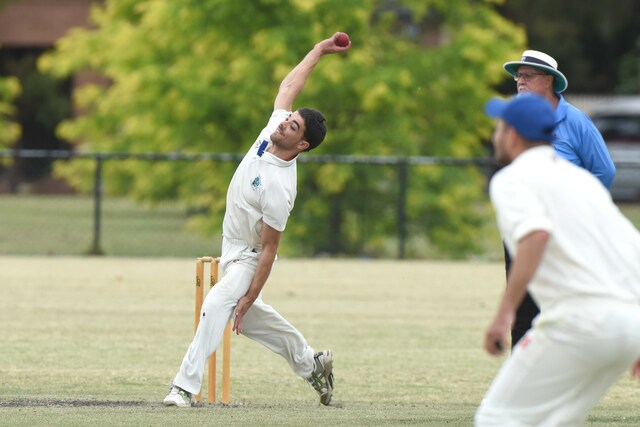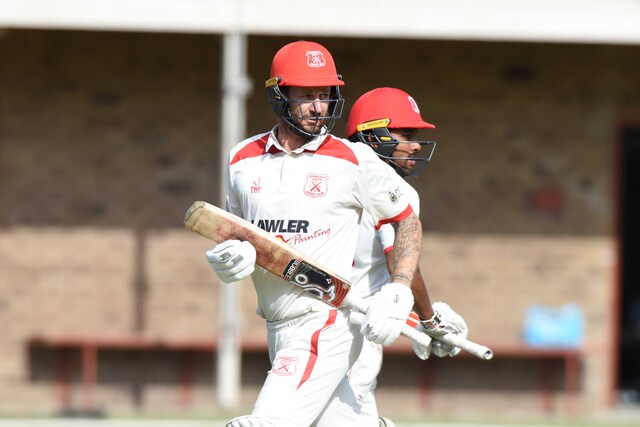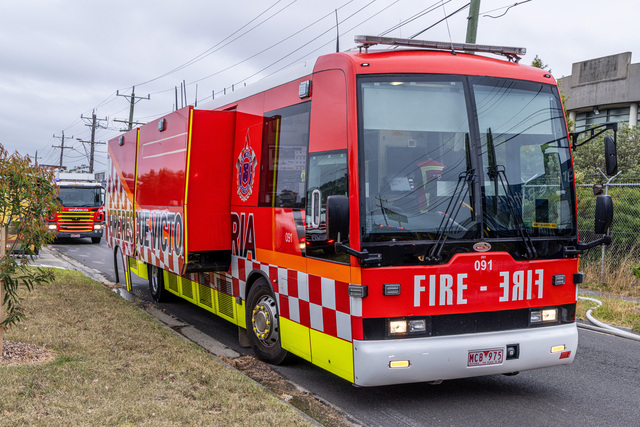PRECEDE
Like many, Afghan refutee Shamsiya Hussainpoor was horrified by the events in her home country in the middle of last year but she overcame her grief to become an unofficial spokesperson for her community. Reporter MARCUS UHE caught up with her.
BREAKOUT QUOTE
“I’ve seen and heard and witnessed a lot of things that many people in their lifetime would never see or experience. But nothing was tougher than the month of August, for me personally.”
Anyone who has lived in Melbourne in the last 24 months can attest to how difficult, bleak and frustrating life has been.
We lurched from lockdown to lockdown, with the threat of just a handful of positive Covid-19 cases having the capacity to send us back leaving the house for just a handful of reasons, and we sweated on press conferences to hear what Daniel Andrews and Brett Sutton had to say, knowing that our social lives, work circumstances and health often hung in the balance on a daily basis.
For Narre Warren South’s Shamsiya Hussainpoor, her 2021 entailed more ups and downs than most.
As she completed the final year of her journalism degree at RMIT university, she juggled internships at the newsrooms of the ABC and Bloomberg – positions and experience that anyone in her situation would dream of.
Having arrived in Australia in 2007 at the age of nine, with no prior education and believing at the time that the English alphabet contained just four letters – A B C and D – her ascent to a professional in the communications industry is a tremendous achievement, and something she is incredibly proud of.
The finish line was well-within sight, and pandemic permitting, she was eyeing the opportunity to travel and ply her trade in a freelancing capacity around the world.
But come the middle of the year, the Afghan refugee found herself in an unimaginable position, watching on helplessly thousands of kilometres away as the Taliban forced its way into power across Afghanistan, where she still has family and treasures the memories of her childhood, growing up on a farm in Ghazni, 150 kilometres from Kabul.
“As a refugee and as a kid who was born in a war-torn country, you face a lot of things, you see a lot of things, you hear a lot of things,” Ms Hussainpoor said. “I’ve seen and heard and witnessed a lot of things that many people in their lifetime would never see or experience. But nothing was tougher than the month of August, for me personally.”
As an emerging journalist with Afghan heritage, there was nowhere for her to go. She couldn’t escape the story in a professional or personal capacity.
She took it upon herself to be an unofficial spokesperson for her community, both in the traditional media where she was interviewed on the topic, and on social media, where she used her profiles to raise awareness of unfolding atrocities.
Ms Hussainpoor’s family are members of the Hazara tribe and Shia faith, both a minority in Afghanistan, who were specifically targeted by the Taliban.
She has cousins of a similar age to her who were just beginning their own careers and finding their way in the adult world, but were now facing life under Taliban rule, including the prospect of forced marriage for single women and widows.
“When I was sleeping I was seeing things, I was dreaming about being chased by the Taliban,” Ms Hussainpoor said. “When I was awake I couldn’t help but look at the media videos, the inhumane and the injustice videos that people posted on Twitter.
“I didn’t even have the energy to get out of bed and brush my teeth for the first couple of days after the Taliban took-over Kabul, I was that hopeless.”
One particular video that she came across stands-out in her mind as particularly harrowing.
A police officer was bound by his hands and feet and shot by the Taliban repeatedly while the gunmen laughed at their victim’s predicament.
Ms Hussainpoor said that moment served as a tipping point and will stay with her for many years to come.
“My eyes couldn’t believe how heartless and how wicked a human being can be, how evil they could be, and how low they can go.
“I remember I had my phone in my hand and I was sobbing quietly at 3am because I couldn’t sleep.
“I was shaking, my whole body was shaking and I couldn’t sleep, I was just crying. I couldn’t sleep for the next two or three hours and then I fell asleep whilst I was crying.
“It became so normal for me to see videos like that.”
Unsurprisingly, processing such horrors quickly took a toll on the 24-year-old’s mental health. She began to express anger towards her friends and those who were close to her, as well as world leaders, for not sounding the alarm on the situation in Afghanistan early enough.
“As someone who has seen a lot of things, I often stand-up for other people when they don’t have a voice.
“That’s one thing that I’m very passionate about; it doesn’t matter who you are, where you’re from, what colour skin you have, what religion you believe in. If you need a voice, I’m there; I will be your voice and I will stand with you.
“I guess I wanted the same during those times and I felt alone until it was too late, and that really angered me. I felt really hopeless and helpless.
“The anger blinded me and took-over me, because it was something very personal.”
Despite her crippling mental state and the anguish she was experiencing, she managed to bring herself together to fulfill interview requests at the ABC for various international news outlets such as BBC Scotland.
She felt compelled to stand-up for the oppressed, for the voiceless, for those who did not have a platform like hers.
“Every interview that I did, my main message was, don’t just be our voice for the time-being. Don’t be our voice just because it’s a trend, and it’s out there in-front of your eyes.
“If you want to know about what’s happening in Afghanistan, listen to the Afghans in and outside of Afghanistan.”
It’s fueled her passion to break the mold and stand-out in the Australian media landscape, which can often be found wanting when it comes to representation from minorities or people with a diverse background.
Having grown up wearing a hijab, Ms Hussainpoor has at times felt that it carried a weight of responsibility; That the burden of proof was on her to make others feel comfortable around her, rather than for the public to accept her and her faith.
With the wisdom of her Mother, Zahra, providing a guiding light, she feels she has a destiny to be a trailblazer in her chosen industry.
“I said to my Mum, ‘Why isn’t there a Hijabi woman on the news or in the media? Why aren’t there people from diverse backgrounds? Do you think I could be there?’”
“She said to me one day ‘Shamsiya, if you want to see changes, you have to be the change.’ That’s when I switched my mindset and said, I’ve got to go into the media.
“That’s why I’m very passionate to be at the forefront of Australian media so that a child can never lie to themselves for the way that society sees them.
“When I started 14 years ago, I didn’t speak the language that I’m a professional of now. I’ve come a long way, and I’ve got a long way to go but what I have accomplished is something I’m incredibly proud of, and something that I’m very, very grateful to everyone who helped me get to this point.”

